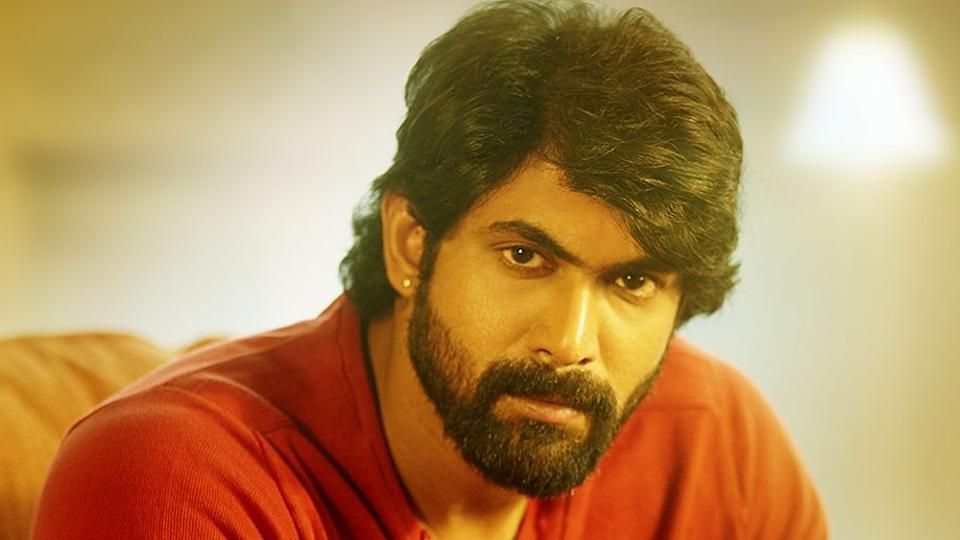BBC or Wall Street Journal speaking about Baahubali 2 is a high: Rana Daggubati

I’m blessed to have been a part of this great film,” says Rana Daggubati, the actor who played the main antagonist in the hugely successful Baahubali series. Both movies have been successful across the country, and while the first film won widespread acclaim, the recently released Baahubali 2: The Conclusion currently holds the highest box-office record in India and is doing great business in the USA as well.
“It is an Indian film that’s now number three in terms of releases [in America]. The high is the BBC or the Wall Street Journal speaking about us. This really means there is so much more we can do. Franchises could work and cut across barriers.
This was effectively a Telugu film that was dubbed in multiple languages, but we saw it together as a nation. We followed the old Indian way of story-telling. Nothing was inspired from the West or taken from the West. It is our tale,” Rana says.
The actor believes that the movies have helped film-makers believe that they can make big franchise films. He also says that a well-made film will attract an audience, no matter where a film comes from. Rana credits the director of the franchise, SS Rajamouli, for his vision and creation. “I learnt a lot as an actor, and his sincerity towards storytelling is something I really appreciate,” he says.
It’s not a well-known fact, but Rana was the one responsible for the collaboration with Karan Johar’s production house for the Baahubali series. “I am probably the only one in that film who has worked in Hindi cinema and understood how the industry works. We set out to make a big war film. We spent far more than a regular regional or even a national movie would. So we needed the right parents — be it in Hindi, Tamil or Malayalam cinemas. And Karan has been a great business partner. It was Karan who I first brought the film to. He knew what we were making and he positioned the film really well,” says the actor.
Speaking about his association with Karan, Rana says, “Our style of cinema might be different, but he is ultimately a film-maker and is fond of films. And that binds us together. He is my go-to person in Mumbai as far as movies are concerned.”
Ask Rana Daggubati if he will be picky about the films he signs here on, and he says, “I do cinema based on the content and the stories I would like to tell. The film also has to work for the intended audience that it is made for,” says the actor, who will next be seen in a Telugu-Tamil political drama.
Hero worship is still a phenomenon in South India. Some of the biggest stars have a huge fan-following, so much so that there are temples built in their names. When their movies release, it calls for a massive celebration for their fans. He reasons, “That phenomenon is prevalent for actors who have been in the industry for many years. It’s not for the newer crop of actors. Here, you still see that [reverence] for Mr Amitabh Bachchan. And over there, Rajinikanth is still the main lead and not a character actor. This happens because the cinema and the projection of stories are larger than life there. Cinema is a celebration in many parts of South India.”





